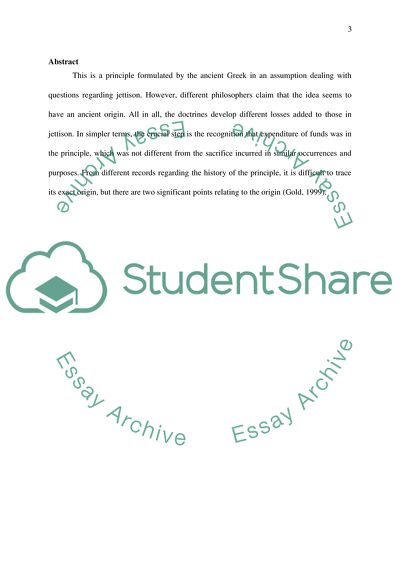Cite this document
(Maritime Law: Principle of General Average Term Paper, n.d.)
Maritime Law: Principle of General Average Term Paper. https://studentshare.org/law/1771935-maritime-law
Maritime Law: Principle of General Average Term Paper. https://studentshare.org/law/1771935-maritime-law
(Maritime Law: Principle of General Average Term Paper)
Maritime Law: Principle of General Average Term Paper. https://studentshare.org/law/1771935-maritime-law.
Maritime Law: Principle of General Average Term Paper. https://studentshare.org/law/1771935-maritime-law.
“Maritime Law: Principle of General Average Term Paper”. https://studentshare.org/law/1771935-maritime-law.


